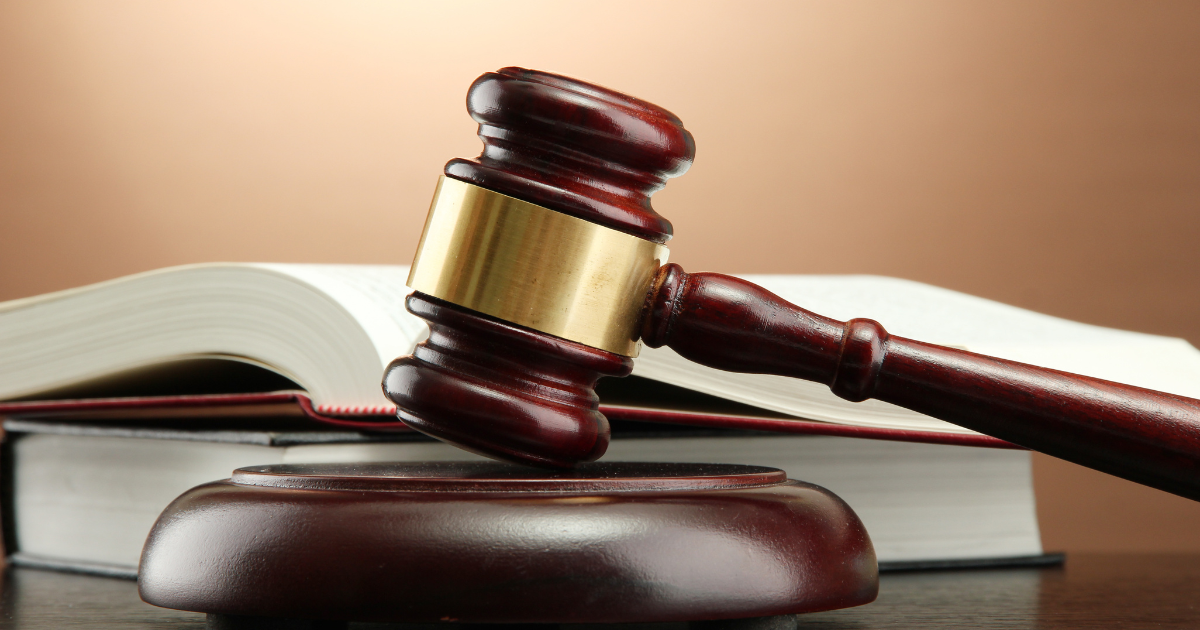As parents, we want to keep our children safe and out of trouble, so if you’re worried about this question — what if my child is accused of a crime? — please be assured that you’ve found a resource to help you protect your child.
You are not alone. We’re here to help you through any legal issues you may be facing.
If your child has been accused of a crime, do not wait! Contact a Juvenile Defense Attorney right away for specific guidance as it pertains to your situation. In fact, contact us for a free consultation.
Police Can Question Children
Police can question children under the age of 18 with or without a parent’s consent. However, the child has the right to ask for a parent to be present.
So, make sure your children know that not talking to strangers includes the police if they’re accusing your child of a crime or even questioning them about one.
Police Can Detain or Arrest Children
Make sure your children know what to do if they’re ever stopped or arrested by a police officer. Teach them to do the following:
- Stay calm and not fight or resist.
- Give his or her name but don’t answer any other questions.
- Ask for a parent.
- Ask for a lawyer.
- Clearly state that they are invoking their right to remain silent.
- Do not EVER confess to anything.
Juvenile Court is Different
If your child is arrested and charged with a crime, understand that the juvenile court system is different than the adult system. The most fundamental difference is that the juvenile system is based on rehabilitation rather than punishment. There are different rules and procedures for juveniles.
You may find our article on the Differences Between Adult and Juvenile Courts helpful to give you more information.
Probation is Most Common Sentence
Remember that the goal of the juvenile court system is rehabilitation. As such, if a judge finds the allegations against your child to be true, they most often order probation as the sentence.
Other sentencing options do include fines, counseling, community service, electronic monitoring, and incarceration (only for the most serious offenses).
You may find our article on the Most Common Sentence for Juvenile Offenders helpful to give you more information.
If Your Child is Accused of a Crime, Get Qualified Help Right Away
An experienced juvenile defense lawyer can further advise you and advocate to get your child the best possible outcome for their specific case.
So, if you need to hire a juvenile defense attorney to represent your child and protect their future, contact us today for a free consultation.








